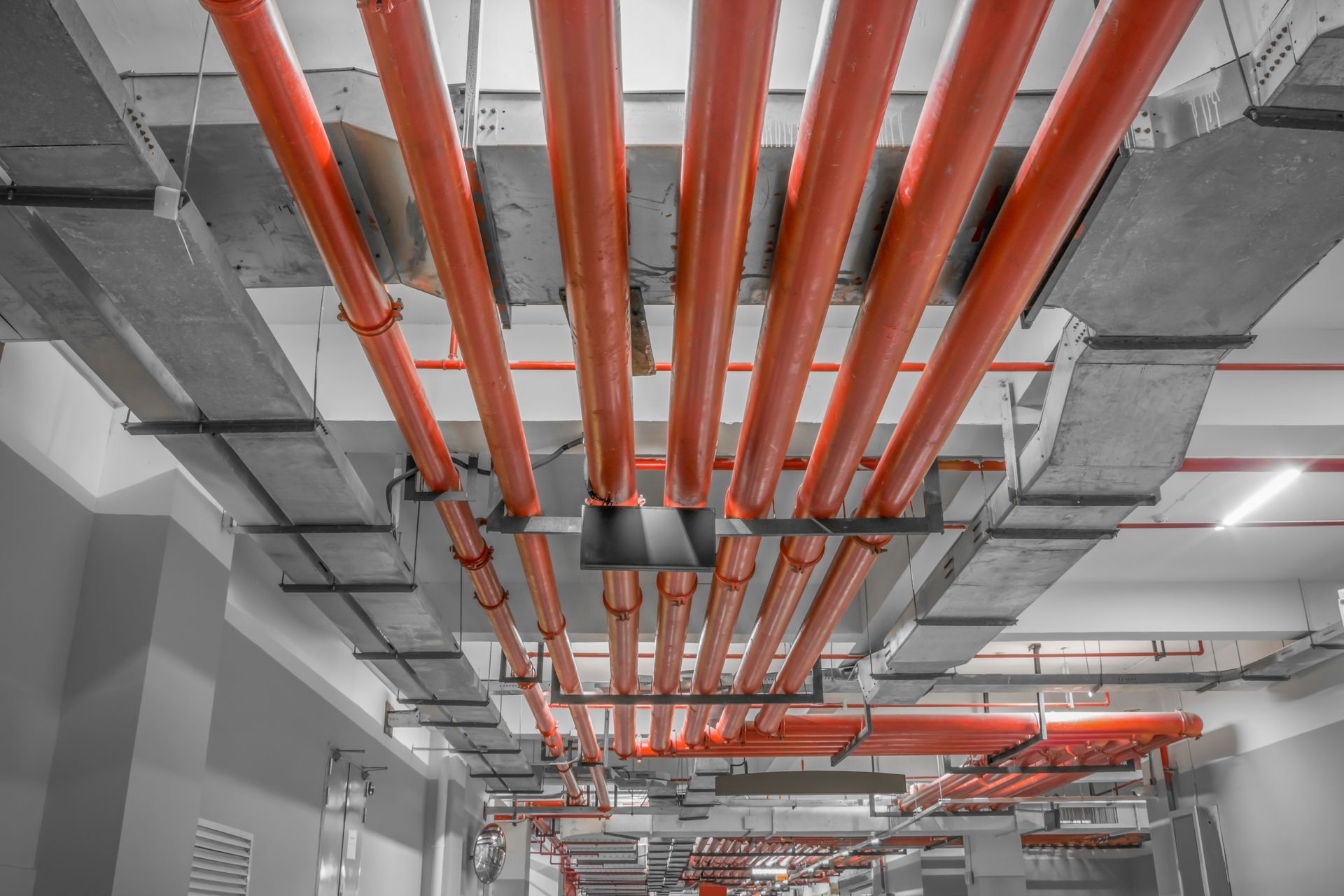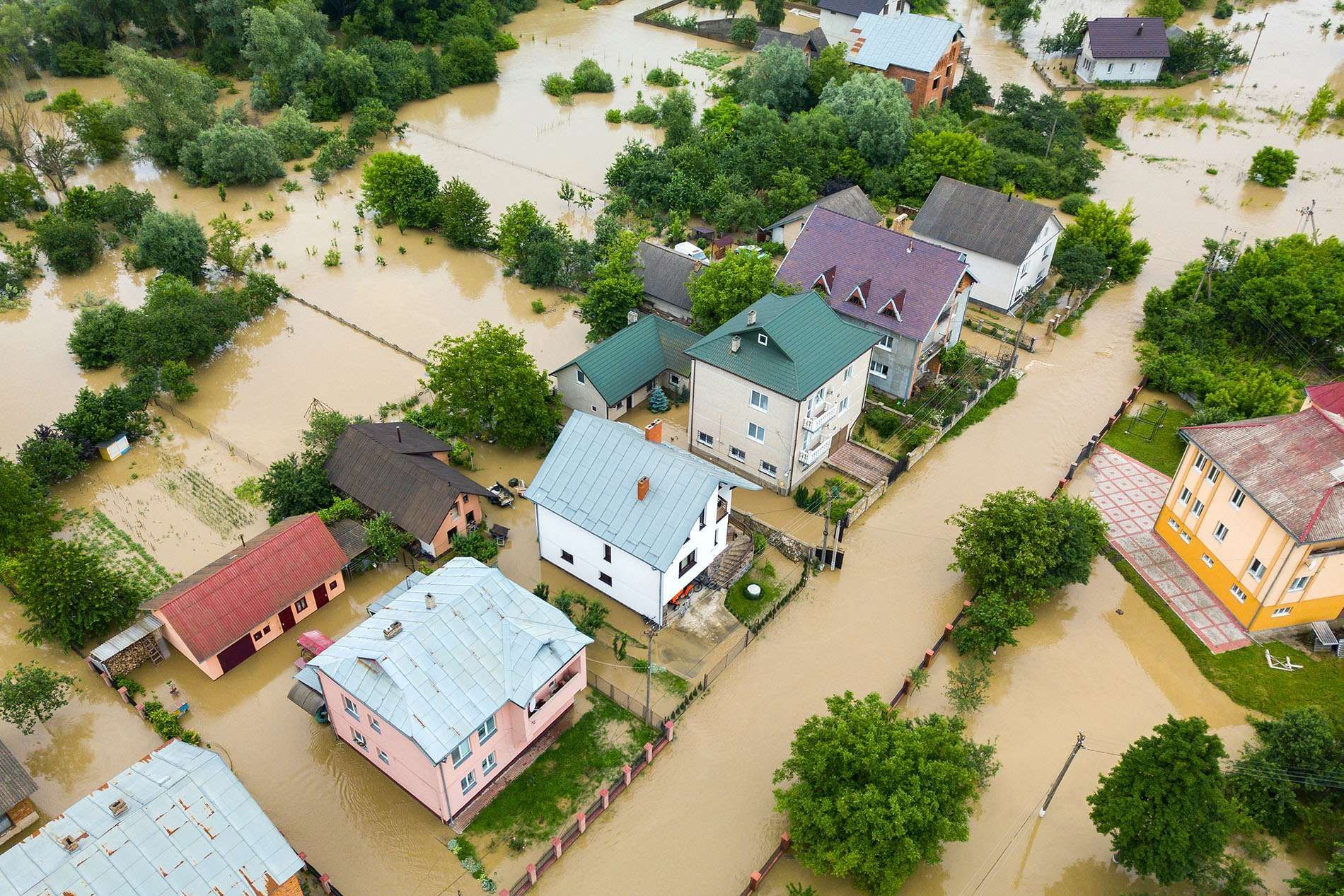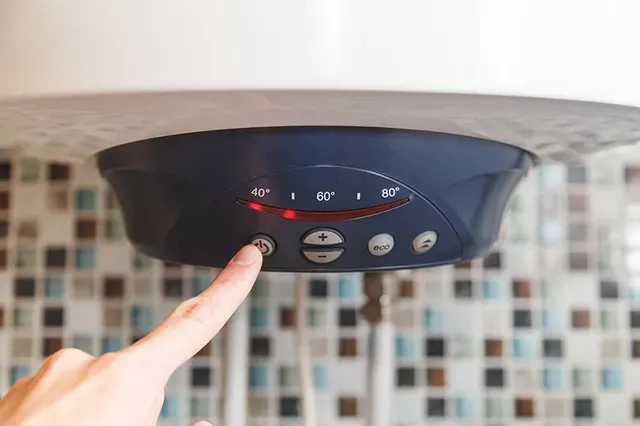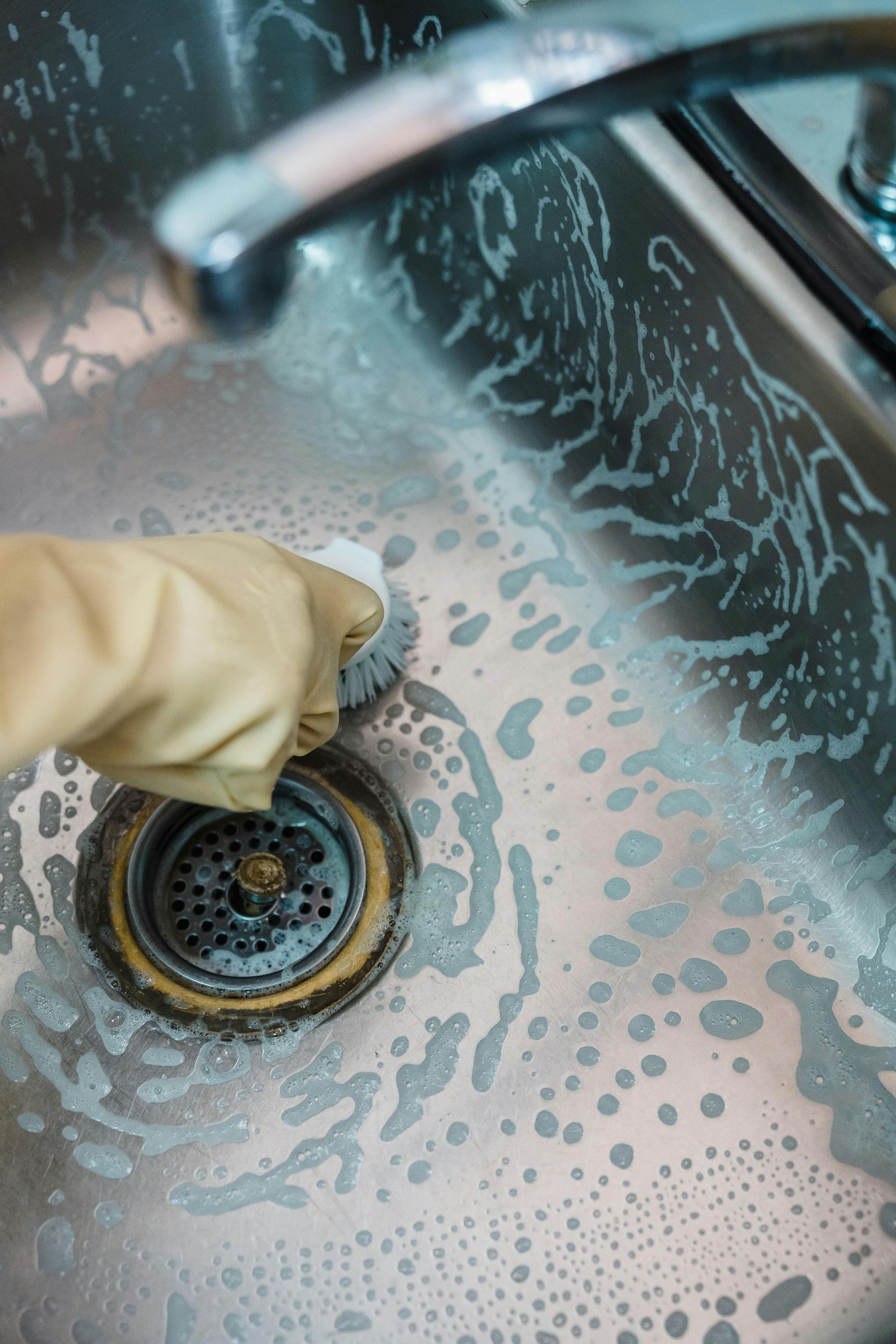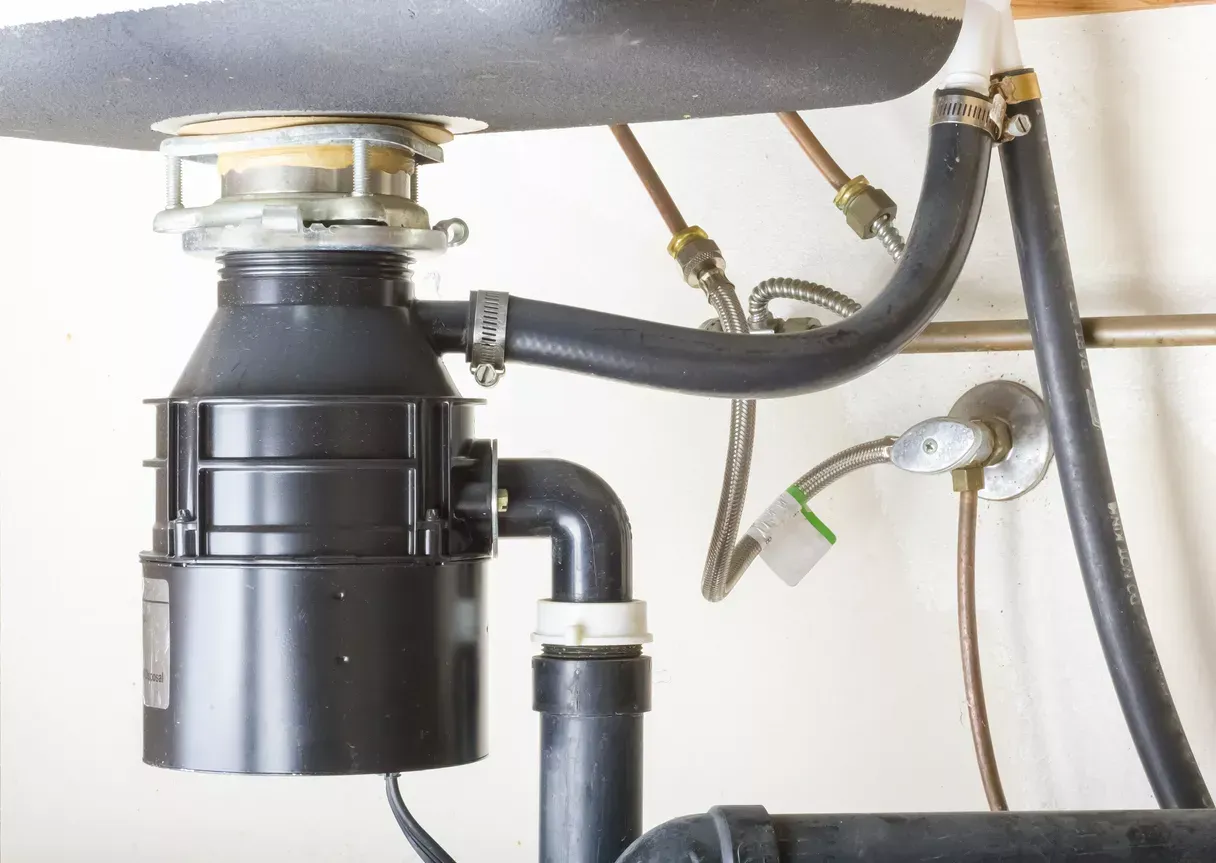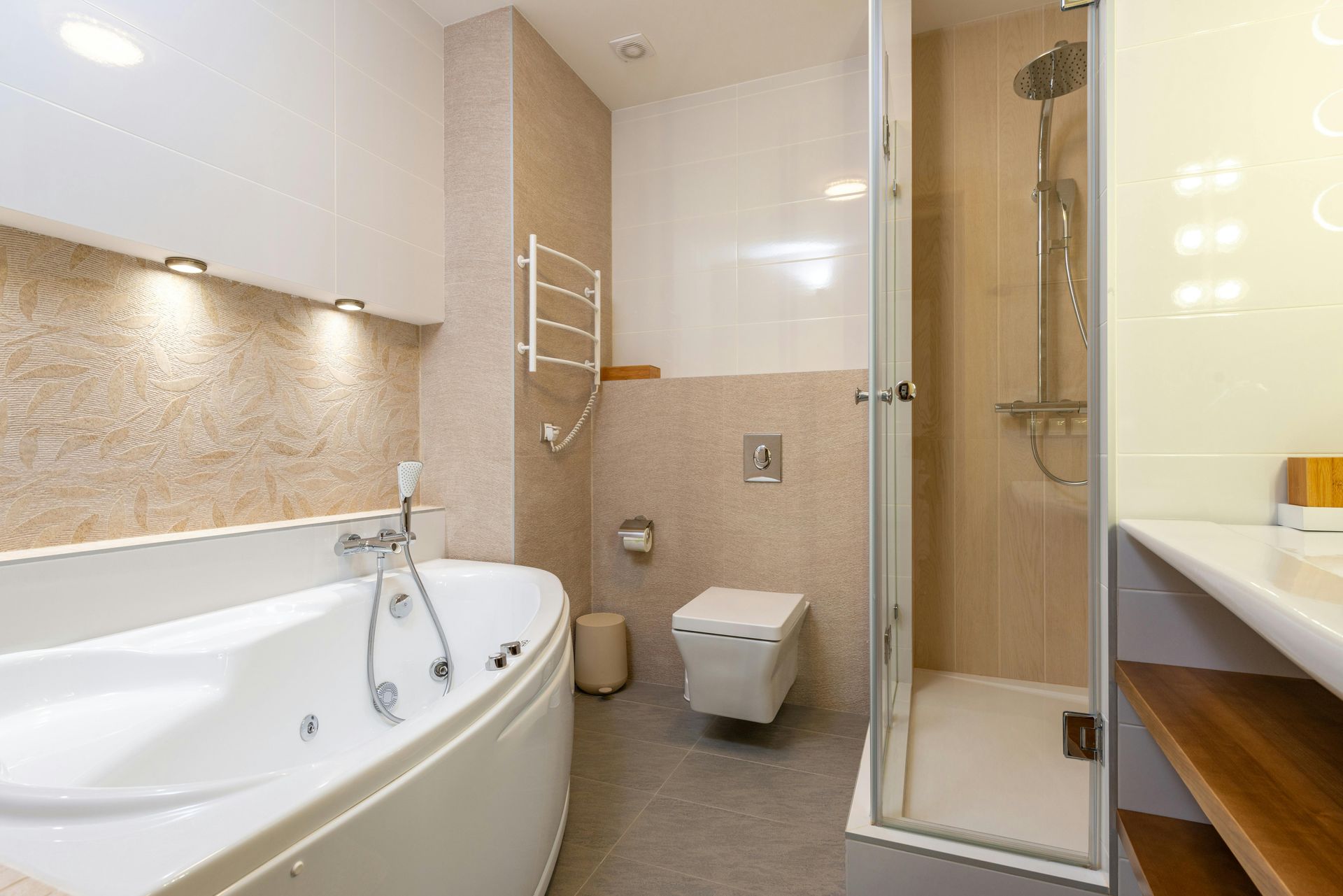Green Plumbing Solutions: Eco-Friendly Practices for a Sustainable Home
As the world shifts towards sustainability, homeowners are increasingly seeking ways to make their households more environmentally friendly. One of the most impactful ways to achieve this is through green plumbing solutions. Eco-friendly plumbing practices help conserve water, reduce energy consumption, and minimize waste, all while maintaining efficiency and functionality. For plumbers, understanding and implementing green solutions is not just a service upgrade but a commitment to building a sustainable future.
This guide explores green plumbing solutions, their benefits, and practical steps for integrating them into homes, ensuring a positive environmental impact and long-term cost savings.
The Importance of Green Plumbing
Traditional plumbing systems often waste significant amounts of water and energy. Leaky pipes, inefficient fixtures, and outdated water heating methods contribute to excessive resource consumption. Green plumbing aims to mitigate these issues by introducing systems designed to optimize water usage, reduce waste, and lower utility bills.
Moreover, with growing concerns about water scarcity and rising energy costs, eco-friendly plumbing solutions provide homeowners with a reliable way to minimize their environmental footprint while enhancing their quality of life.
Water Conservation Techniques in Green Plumbing
Low-Flow Fixtures
One of the simplest and most effective green plumbing solutions is installing low-flow fixtures, such as faucets, showerheads, and toilets. Traditional showerheads use about 2.5 gallons per minute, while low-flow alternatives can reduce this to 1.5 gallons per minute without sacrificing water pressure. Similarly, modern dual-flush toilets allow users to choose between a low-volume and a full-volume flush, significantly reducing water waste.
Tankless Water Heaters
Tankless water heaters, also known as on-demand water heaters, heat water only when needed instead of continuously storing and reheating it. This method eliminates standby heat loss, reducing energy consumption by up to 30% compared to conventional storage water heaters. These units are not only energy-efficient but also compact, making them an excellent solution for space-saving designs.
Greywater Recycling Systems
Greywater recycling involves collecting wastewater from sinks, showers, and washing machines, then filtering and repurposing it for non-potable uses such as irrigation or toilet flushing. By implementing greywater systems, households can reduce freshwater consumption and lower their overall environmental impact.
Rainwater Harvesting
Rainwater harvesting systems capture and store rainwater for later use, reducing dependency on municipal water supplies. This water can be used for landscape irrigation, flushing toilets, and even laundry. With proper filtration, harvested rainwater can supplement household water needs while conserving local water resources.
Energy Efficiency in Green Plumbing
Solar Water Heating Systems
Solar water heaters use the sun’s energy to heat water, reducing reliance on gas or electric-powered water heaters. These systems consist of solar collectors that absorb sunlight and transfer heat to a water storage tank. While the initial investment may be higher, the long-term energy savings and reduced carbon footprint make solar water heating an excellent choice for eco-conscious homeowners.
Insulated Pipes
Uninsulated hot water pipes can lead to significant heat loss, forcing water heaters to work harder to maintain desired temperatures. Properly insulating pipes helps retain heat, reducing energy consumption and improving overall efficiency. This small yet effective upgrade can lead to noticeable reductions in energy bills.
Smart Leak Detection Systems
Leaks not only waste water but also contribute to higher utility bills and potential property damage. Smart leak detection systems use sensors to identify leaks early, sending real-time alerts to homeowners. This technology helps prevent water wastage and costly repairs while promoting responsible water use.
Sustainable Plumbing Materials
PEX Piping
Cross-linked polyethylene (PEX) piping is an eco-friendly alternative to traditional copper or PVC pipes. PEX is durable, flexible, and resistant to corrosion, making it a long-lasting option that reduces the need for frequent replacements. Additionally, PEX requires fewer resources to manufacture, contributing to lower environmental impact.
Recycled and Sustainable Fixtures
Using recycled materials for plumbing fixtures and fittings is another way to reduce environmental impact. Faucets, sinks, and even bathtubs made from recycled metals, glass, or composite materials help conserve natural resources while maintaining aesthetic and functional quality.
Challenges and Considerations
While green plumbing solutions offer numerous benefits, there are challenges to consider. The upfront costs of eco-friendly fixtures and systems can be higher than traditional alternatives, which may deter some homeowners. However, the long-term savings on water and energy bills often outweigh the initial investment. Additionally, professional installation is crucial to ensure optimal performance, making it essential for plumbers to stay updated with the latest green plumbing technologies and techniques.
Conclusion
Green plumbing solutions are more than just a trend—they are a necessary step towards a more sustainable future. By adopting eco-friendly practices, homeowners can reduce their environmental impact, save money, and enjoy more efficient plumbing systems. Plumbers play a critical role in this transformation by educating clients, offering sustainable alternatives, and ensuring proper installation of green plumbing technologies. Whether through water conservation, energy-efficient heating, or sustainable materials, every small change contributes to a healthier planet and a better quality of life.
Embracing green plumbing is not just good for the environment—it’s a smart investment in the future of home efficiency and sustainability.


